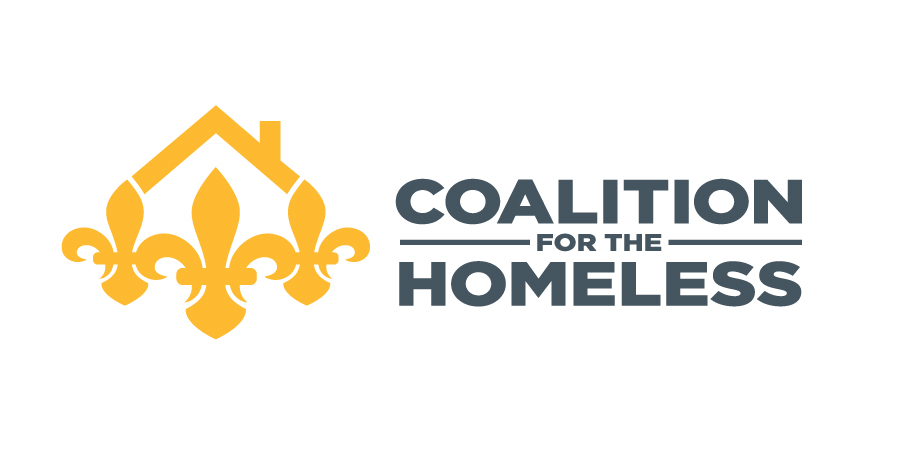 Home of the Innocents has been helping at-risk young adults (18 to 24 years of age) successfully transition to independence and self-sufficiency for almost 20 years. The Aftercare Program specifically works with young adults who have grown up in out-of-home placements or foster care, are homeless, or are fleeing domestic violence. These vulnerable young adults need assistance with housing, employment, education, community resources, and independent living skills. Most have a disability such as a mental illness, physical disability, learning disorder, or an alcohol/drug problem. About three-fourths have children and almost all have incomes well below the federal poverty level. They are ill-prepared for life as independent functioning adults and have no family support system to turn to for assistance. Ultimately, the goal of the Aftercare Program is to help homeless young adults successfully transition to adulthood. This means developing their ability to function independently through permanent housing, employment, education, and aspirations for their future. Additionally, the program helps them to avoid pitfalls that so many of their peer group will encounter, such as alcohol and drug problems, mental health crises, credit trouble, unemployment, and homelessness. The primary need of these at-risk young adults is for assistance with acquiring and maintaining permanent housing, education, employment, life skills training, and, if appropriate, applying for disability benefits. Intensive case management provided by Home of the Innocents’ staff is essential for positive lasting outcomes with this population.
Home of the Innocents has been helping at-risk young adults (18 to 24 years of age) successfully transition to independence and self-sufficiency for almost 20 years. The Aftercare Program specifically works with young adults who have grown up in out-of-home placements or foster care, are homeless, or are fleeing domestic violence. These vulnerable young adults need assistance with housing, employment, education, community resources, and independent living skills. Most have a disability such as a mental illness, physical disability, learning disorder, or an alcohol/drug problem. About three-fourths have children and almost all have incomes well below the federal poverty level. They are ill-prepared for life as independent functioning adults and have no family support system to turn to for assistance. Ultimately, the goal of the Aftercare Program is to help homeless young adults successfully transition to adulthood. This means developing their ability to function independently through permanent housing, employment, education, and aspirations for their future. Additionally, the program helps them to avoid pitfalls that so many of their peer group will encounter, such as alcohol and drug problems, mental health crises, credit trouble, unemployment, and homelessness. The primary need of these at-risk young adults is for assistance with acquiring and maintaining permanent housing, education, employment, life skills training, and, if appropriate, applying for disability benefits. Intensive case management provided by Home of the Innocents’ staff is essential for positive lasting outcomes with this population.
Last year, the Aftercare Program assisted 95 young adults, who had a total of 113 dependent children. Over the last five years, the program has experienced significant growth; federal grants from the Department of Housing and Urban Development (HUD) have nearly doubled the program’s capacity, an increase of 30 more young adults at a time. The Aftercare Program consistently surpasses national outcome targets set by HUD related to housing, employment and life-skills. At the end of last year, over 92% of clients were appropriately housed in the community, either because they were still in the program or had obtained permanent housing. The national HUD goal is 70%.
